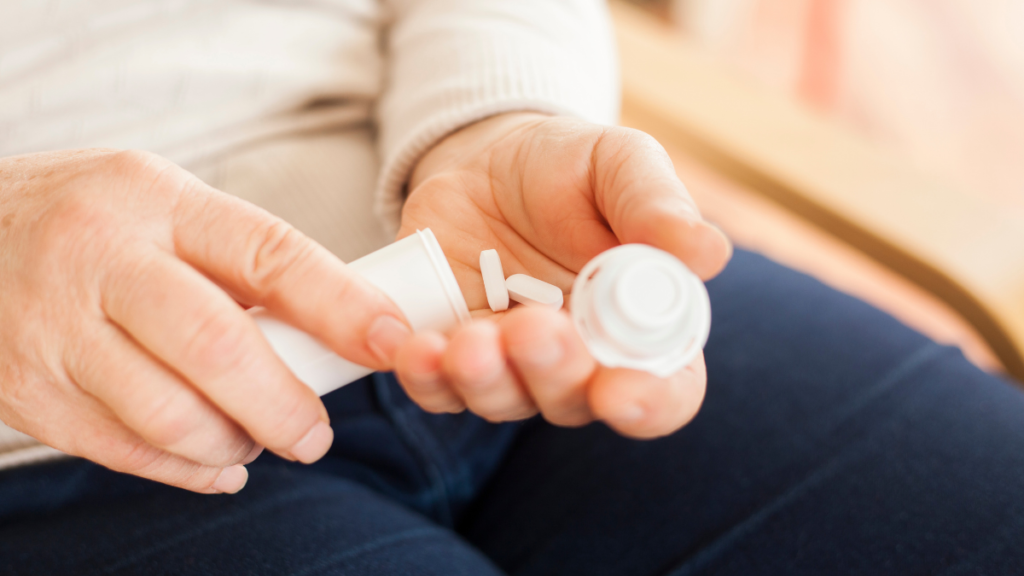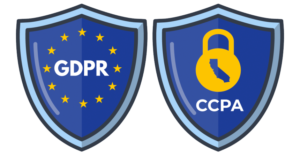There is a common misconception that those who use prescription medications to treat opioid use disorder (OUD) are trading one addiction for the other. While two of the drugs used to treat OUD are opioids, these drugs are not just substitutes for other opioids; they can be life-saving for those suffering from the disease. Here’s what you should know about medications for opioid use disorder (MOUD).
Medications Used to treat Opioid Use Disorder
Three main drugs are FDA-approved for treating OUD:
- Methadone
- Buprenorphine
- Naltrexone
Methadone and Buprenorphine
Methadone is an opioid agonist, which means it eliminates withdrawal symptoms by activating the same opioid receptors activated by prescription pain medications, heroin, and other opioids. However, compared to other opioids, methadone activates these receptors at a reduced speed, and it, therefore, does not produce a euphoric effect in those with OUD.
Buprenorphine is a partial opioid agonist. Like methadone, it activates the opioid receptors to a lesser extent than addictive opioids. In doing so, it helps reduce withdrawal symptoms and cravings without producing a euphoric effect.
Opioid Tolerance
Over time, a person using opioids usually develops a tolerance to the drugs, meaning they need a higher dose to obtain the same desired effect. Methadone and buprenorphine do not produce euphoria in those with OUD who have developed a tolerance to opioids because these individuals have a decreased sensitivity to the drugs. However, methadone and buprenorphine would produce a euphoric effect in people without OUD, as they would have no tolerance for opioids.
Opioid tolerance is also a primary reason many people overdose after a period of abstinence. When someone stops taking opioids, their tolerance levels decrease over time. Eventually, they no longer know how much of the drug they can take safely. As a result, they may try to take the same dose they took prior to abstaining from the drug.
Naltrexone
Unlike methadone or buprenorphine, naltrexone is an opioid antagonist. Instead of activating the opioid receptors, it blocks them, thereby stopping a person from experiencing the euphoric effects of opioids.
MOUDs are Underutilized
The stigma surrounding MOUDs has caused these effective drugs to be underutilized, despite research showing how successfully they can treat those with OUD. Abundant evidence proves that each of the mentioned medications effectively reduces opioid use and the symptoms associated with OUD. Additionally, they also increase the likelihood a person with OUD will remain in treatment.
Treating an Opioid-Related Overdose
In addition to the medications used to treat OUD, there is also a drug used to treat opioid-related overdoses: Naloxone. Naloxone is an opioid antagonist that quickly reverses an overdose by restoring a person’s breathing to normal when it is recessed.
Families who have a loved one suffering from opioid use disorder should have naloxone on hand. Most pharmacies carry naloxone, and it is available without a prescription in most states. Those seeking Naloxone may also be able to find it at local distribution centers. Visit getnaloxonenow.org to learn more about naloxone laws and access in your state.

Treatment is Different for Everyone
The most effective medication will vary from person to person because a treatment that works for one person may not be effective for another. The length of treatment required to recover also differs. Some people may take months to get better, while others will require treatment for the rest of their lives. It is important to note that prescription medications often work best when combined with other forms of therapy, like behavior counseling and peer support groups.
If you are suffering from a substance use disorder, please speak to your health care provider to find a treatment plan that is right for you.
For online resources, please visit FindTreatment.gov.


